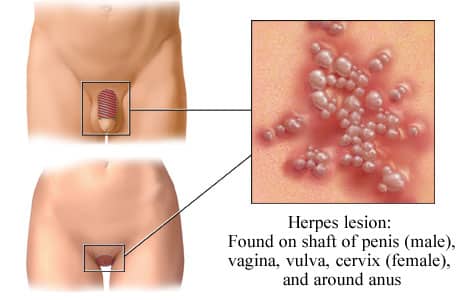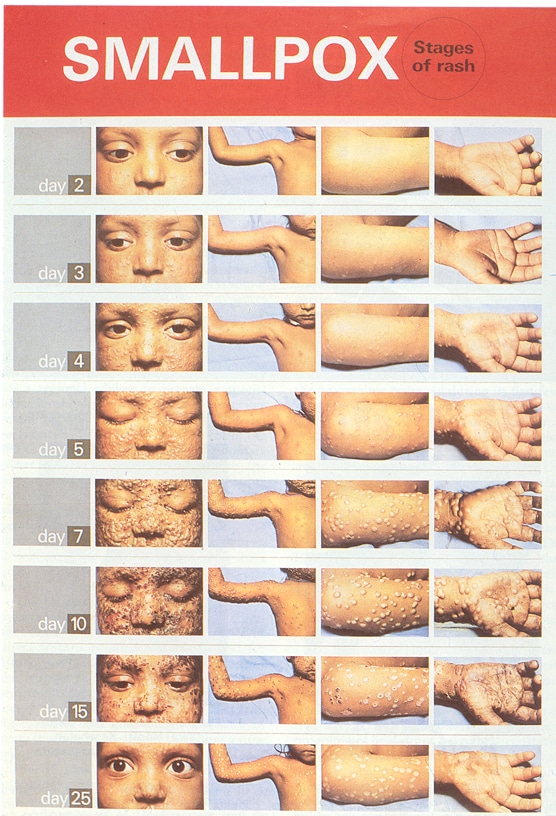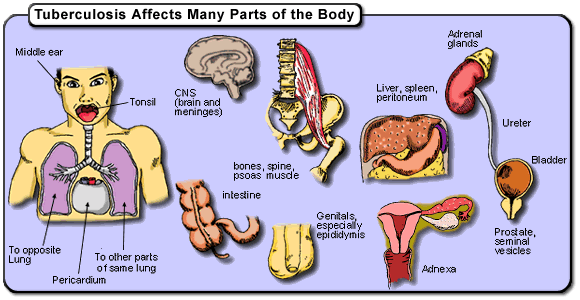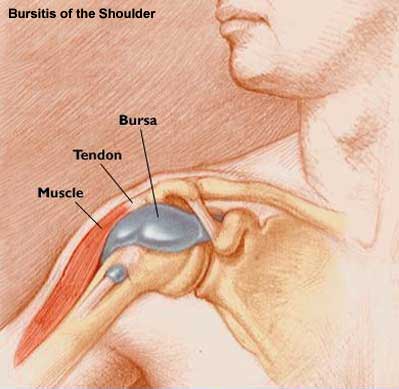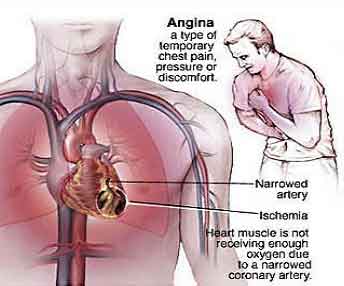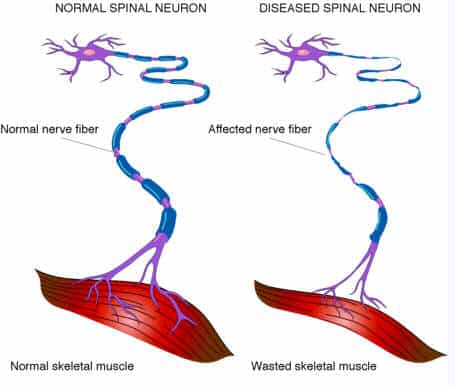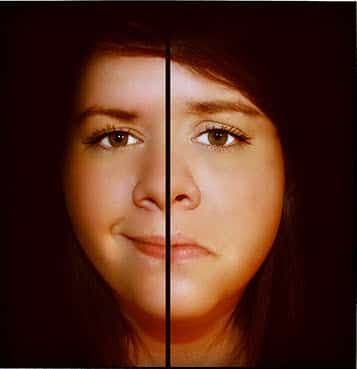William completed his Bachelor of Science and Master of Arts in 2013. He current serves as a lecturer, tutor and freelance writer. In his spare time, he enjoys reading, walking his dog and parasailing.
Article last reviewed: 2022 | St. Rosemary Institution © 2010-2025 | Creative Commons 4.0
The composer of some of the most influential pieces of music ever written, Ludwig van Beethoven created a bridge between the 18th-century classical period and the new beginnings of Romanticism. His greatest breakthroughs in composition came in his instrumental work, including his symphonies. Unlike his predecessor Wolfgang Amadeus Mozart, for whom writing music seemed to…
The story of the failed invasion of Cuba at the Bay of Pigs is one of mismanagement, overconfidence, and lack of security. The blame for the failure of the operation falls directly in the lap of the Central Intelligence Agency and a young president and his advisors. The fallout from the invasion caused a rise…
The Battle of Saratoga is considered to be the major turning point of the American Revolution. This battle proved to the world that the fledgling American army was an effective fighting force capable of defeating the highly trained British forces in a major confrontation. As a result of this successful battle, the European powers took…
“…where we do well know that all our causes will be impartially heard and equally justice administered to all men,” as stated by, Nathaniel Bacon. In 1676 an uprising known as Bacon’s Rebellion occurred in Virginia. The immediate cause of this revolt was the dissension between the planters and the Indians. Because Sir William Berkeley,…
Johann Sebastian Bach was one of the greatest composers in Western musical history. More than 1,000 of his compositions survive. Some examples are the Art of Fugue, Brandenburg Concerti, the Goldberg Variations for Harpsichord, the Mass in B-Minor, the motets, the Easter and Christmas oratorios, Toccata in F Major, French Suite No 5, Fugue in…
A sexually transmitted disease is not the same as genital disease. Most genital diseases are not caused by sexually transmitted organisms. But most sexually transmitted infections do involve the genitals. Infection of the rectum, throat, and the eye are also common. A lot of sexually transmitted diseases spread from a single place and produce sores…
Small pox, which was once the most feared disease known by mankind started out in the days of Christopher Columbus. The disease set out to change the lives of the people in the worse way. It became known as an epidemic disease that ended up killing hundreds of people. Small pox started out in Hispaniola…
Insomnia Insomnia is a chronic sleeping disorder in which it is very difficult to start and continue sleeping. One of the other symptoms of insomnia that is most recognized is waking up repeatedly in the middle of the night. Lack of sleep leads to two other things, daytime fatigue and restlessness. These are bad on…
Tuberculosis (TB) is an infectious disease caused by a germ (bacterium) called Mycobacterium tuberculosis. This germ primarily affects the lungs and may infect anyone at any age. In the United States, the number of TB cases steadily decreased until 1986 when an increase was noted; TB has continued to rise since. Today, ten million individuals…
Inflammatory bowel disease (IBD) is a group of chronic disorders that cause inflammation or ulceration in the small and large intestines. Most often IBD is classified as ulcerative colitis or Crohn’s disease but may be referred to as colitis, enteritis, ileitis, and proctitis. Ulcerative colitis causes ulceration and inflammation of the inner lining of a…
Does it hurt to move your arm? Is it tender and radiating pain to your neck and finger tips? Do you have a fever? If you answered yes to two or more of these questions then you may have typical joint injury called bursitis. Bursitis is an inflammation of the bursa that is easily prevented,…
Angina pectoris is a medical condition that literally means a choked chest. The victim feels acute pain in his chest for a few seconds, and then it goes away. This occurs when myocardium cells, the muscle portion of your heart, are temporarily denied oxygen. At this stage they do not die, but maybe weakened. If…
Beta-carotene is a member of the carotenoid family and has over 500 relatives. Carotenoids are yellow-to-red pigments found in all green plant tissues and in some species of algae. So far 21 different carotenoids have been found in human blood. The most abundant ones are alpha-carotene, beta-carotene, lutein, lycopene, cryptoxanthin and zeaxanthin. A molecule of…
What is the Disease? ALS is an extremely deadly disease affecting the nerve cells that control the victim’s voluntary muscles. These nerves shrink and eventually die, leaving the muscles without stimulation. As these muscles go without stimulation, they too eventually shrink and die. The victim progressively weakens to the point of complete paralysis of all…
Origin At least 50% of all adults and children are exposed to a psychologically traumatic event (such as a life-threatening assault or accident, human made or natural disaster, or war). As many as 67% of trauma survivors experience lasting psychosocial impairment, including post-traumatic stress disorder (PTSD); panic, phobic, or generalized anxiety disorders; depression; or substance…
Attention Deficit Disorder is a long and somewhat mysterious sounding name that tries to describe something you probably already call Hyperactivity. But, attention Deficit Disorder (ADD) is much more that Hyperactivity. History of ADD In 1902 children who demonstrated many of the symptoms that are today part of attention deficit disorder would be described as…
The phenomenon of bipolar affective disorder has been a mystery since the 16th century. History has shown that this affliction can appear in almost anyone. Even the great painter Vincent Van Gogh is believed to have had bipolar disorder. It is clear that in our society many people live with bipolar disorder; however, despite the…
In 1991, Governor William Weld modified parole regulations and permitted women to seek commutation if they could present evidence indicating they suffered from battered women’s syndrome. A short while later, the Governor, citing spousal abuse as his impetus, released seven women convicted of killing their husbands, and the Great and General Court of Massachusetts enacted…
Clinical Characteristics DSM IV – for major (unipolar) depression, 5 of the following should occur nearly every day for at least 2 weeks: Emotional symptoms – sadness, depressed mood, loss of appetite, loss of motivation for usual activities. Somatic symptoms – insomnia/hyperinsomnia, weight loss/gain, tiredness. Cognitive symptoms – negative self-concept, low self esteem, apathy, self-blame,…
Anorexia Nervosa: A condition characterized by intense fear of gaining weight or becoming obese, as well as a distorted body image, leading to an excessive weight loss from restricting food intake and excessive exercise. Bulimia Nervosa: An eating disorder in which persistent over concern with the body weight and shape leads to repeat episodes of…






